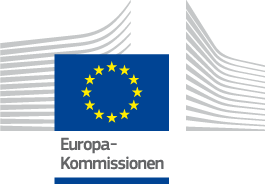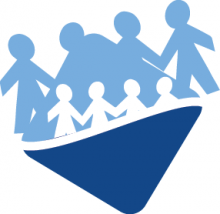
FARNET
Fisheries Areas Network


The Member State factsheets below explain how FLAG cooperation, as foreseen under EMFF Articles 62 and 64, is being implemented around Europe. The information includes any thematic focus foreseen at national level; budget details, when available; and any specific cooperation procedures and rules established by the national and/or regional authorities.